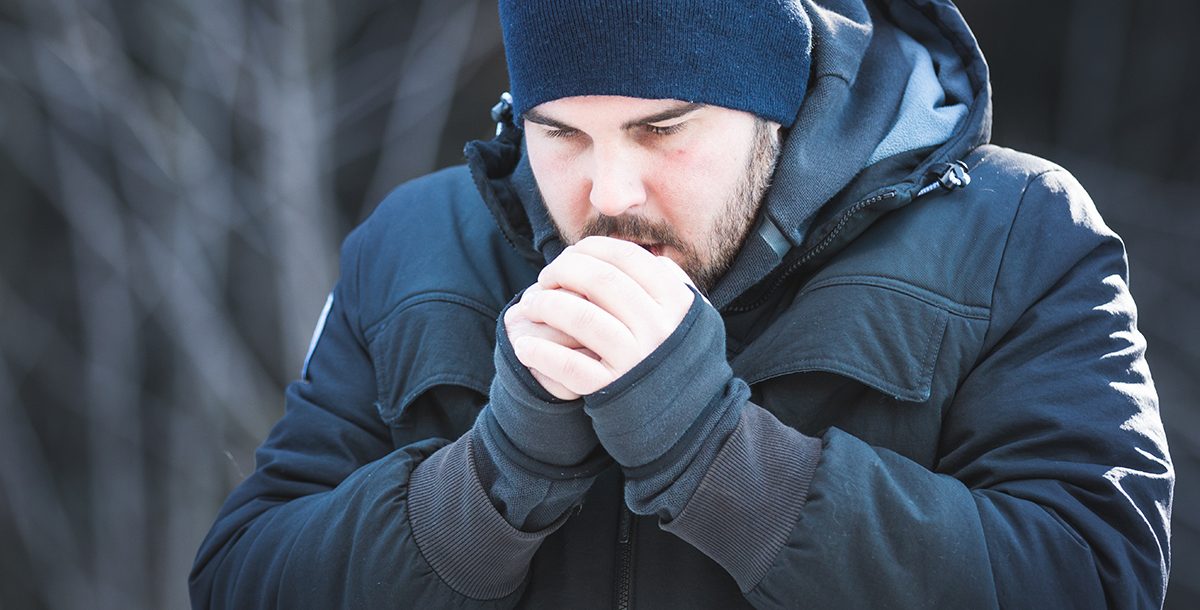Winter weather is here! It’s the time of year when wearing layers to stay warm is of the utmost importance. But sometimes, no matter how hard we try to stay warm, the cold becomes too much and we begin to shiver.
What causes shivering?
The standard temperature for the human body is 98.6 degrees. However, the point when our bodies respond to a cold environment varies from person to person. When your body does become too cold, its automatic response is to tighten and relax the muscles in rapid succession to warm up. This is also known as shivering.
The lone act of shivering is not enough to combat the cold and we must enact other ways of warming up to stop it.
Ways to stop shivering
- Stop thinking about it. This might be easier said than done but distracting your mind by focusing on something else can help.
- Wear a hat. Most of your body heat escapes through your head, so keeping a hat on in cold temperatures is one of the easiest things you can do to stay warm.
- Wear warm gloves and socks. Your hands and feet are often the first parts of your body to become cold, so it is important to keep them warm. If you are planning to play in the snow, consider wearing gloves or socks that are also waterproof.
- Drink a hot beverage. Coffee, tea, hot chocolate and other warm drinks can provide a temporary warming effect to your body, which helps combat shivering. As a bonus, holding the hot cup will also help keep your hands warm.
- Move around. Get up and walk around, jog in place or do a few jumping jacks. Your body naturally warms up with exercise and activity.
- Keep hand/feet warmers on hand. These small packets heat up when shaken and can easily fit inside your gloves and shoes to help your hands and feet stay toasty. Look for them at your local drugstore.
This list is not all-encompassing, and you may find other ways to stop shivering. Overall, if you know you are prone to shivering, try to plan and be prepared for any winter activity.
Learn about the health care services we offer at Bon Secours.





